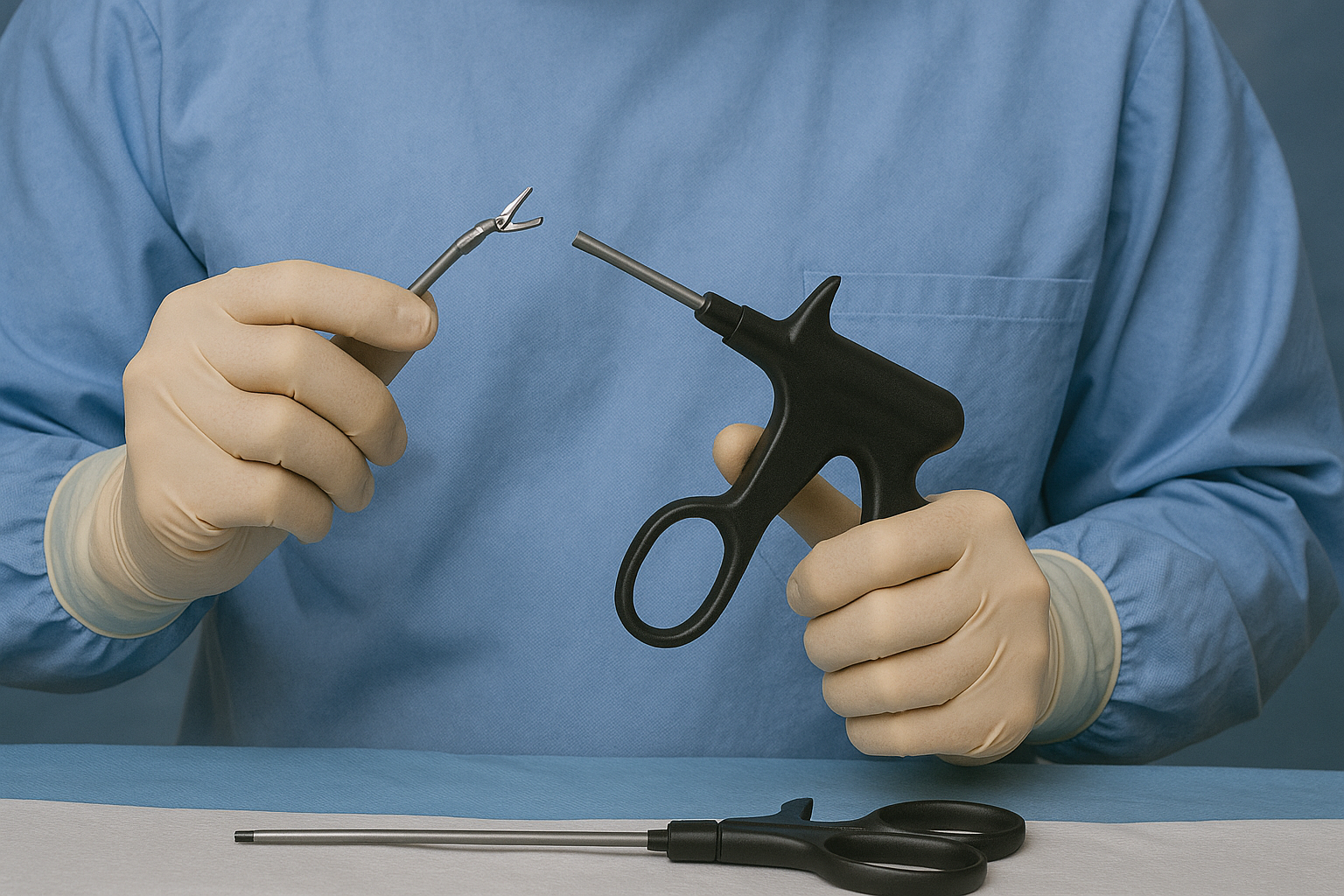The Hidden Cost of Cheap Surgical Instruments
Jul 27th 2025
The Hidden Cost of Cheap Surgical Instruments: Why German-Made Quality Matters
In the world of surgery, precision isn’t a luxury — it’s a necessity. The difference between a successful procedure and a costly complication can come down to the quality of the instruments in a surgeon’s hands. As the market floods with low-cost surgical instruments from countries like Pakistan and China, it’s essential to understand what you’re really paying for — or risking — when choosing price over quality.
Brand Name vs. Budget: Not Just About the Price Tag
German-made surgical instruments, particularly those from renowned manufacturers in Tuttlingen (often called the "Silicon Valley of surgical instruments"), are considered the gold standard in the industry. These instruments are built with high-grade stainless steel, precision engineering, and rigorous quality control. They’re not just tools — they’re long-term assets that maintain performance through thousands of sterilization cycles and years of heavy use.
On the other hand, cheap knockoffs from Pakistan and China often come with a much lower upfront price — and a much higher long-term cost. These instruments are typically made from inferior steel alloys, lack consistent manufacturing standards, and degrade quickly with repeated sterilization. The result? Blunt scissors, loose needle holders, misaligned forceps, and worst of all — increased risk to patients.
The Real-World Differences
Here are just a few of the major differences that matter:
-
Material Quality: German instruments are made from surgical-grade stainless steel (e.g., 1.4104 or 1.4021), known for its hardness, corrosion resistance, and ability to hold an edge. In contrast, many Pakistani and Chinese instruments are made from cheaper, softer alloys that corrode, rust, or warp over time.
-
Craftsmanship: German manufacturers invest decades into skilled labor and CNC precision machining. This results in tighter tolerances and better ergonomics. Cheap copies often show uneven finishes, misaligned jaws, and inconsistent spring tension — all of which can interfere with surgical precision.
-
Sterilization Durability: A German needle holder can withstand thousands of autoclave cycles without degradation. Low-cost imports frequently lose their edge, stain, or degrade after just a few dozen uses.
-
Warranty and Support: Premium brands stand behind their products with warranties, repair services, and reliable sourcing. Budget copies often arrive with no traceable manufacturer, no support, and no recourse when they fail.
The Consequences of Cutting Corners
Hospitals and surgical centers that opt for cheap imitations may save money on the front end but face serious consequences later:
-
Higher Replacement Costs: Frequent instrument failure leads to repeated purchases, negating the original cost savings.
-
Compromised Patient Safety: A misaligned clamp or dull scissor can prolong surgeries, increase blood loss, or cause tissue trauma.
-
Legal and Accreditation Risks: Inferior instruments can jeopardize compliance with accreditation standards and expose facilities to liability.
Final Cut: Invest in What Matters
The true cost of a surgical instrument is not just in its purchase price but in its performance, durability, and the confidence it gives a surgical team. German-made instruments have earned their reputation for a reason — they perform better, last longer, and protect what matters most: your patients and your practice.
Choosing quality is not an expense. It’s an investment in excellence.
Need help sourcing high-quality, brand-name surgical instruments at competitive prices? Contact Alpha Biomedical today — we specialize in premium new and refurbished German surgical tools you can trust.


